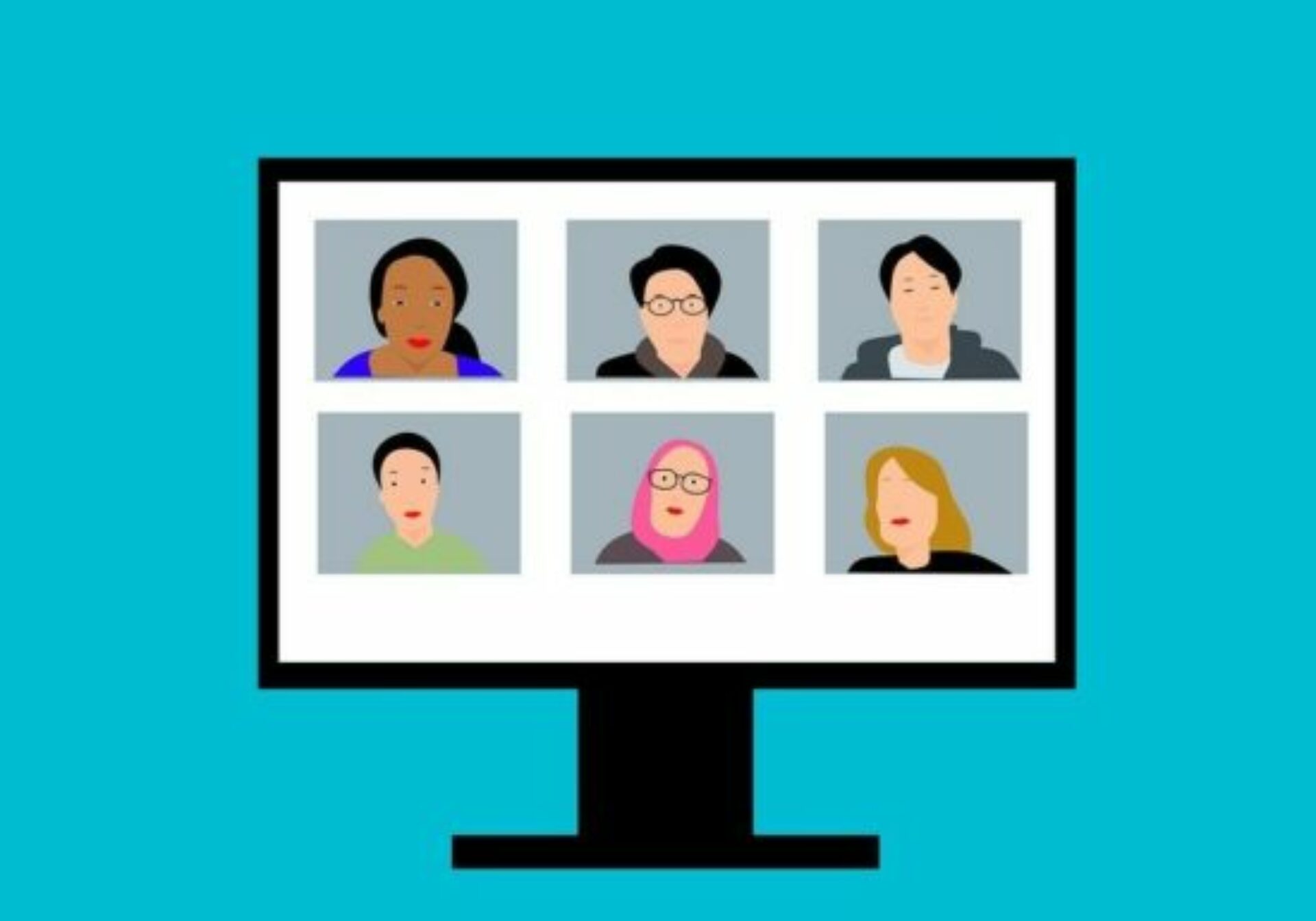Dan Robotham
One of the obvious changes to the working life at McPin over the past few months has been the switch to remote working. A couple of our staff returned to the office last week for the first time in months, to find socially distanced desks and an almost deserted office building (McPin shares an office with about 60 other charities and social enterprises across four floors).
We have, like many other organisations, changed our ways of working and have become more comfortable using videoconferencing, etc. The government may be encouraging people back into offices, but anecdotal evidence suggests that many firms will make their own minds up.
Much of the research that McPin is involved in, to some extent, can be done from home.
In some ways this makes McPin’s PPI (Patient and Public Involvement) meetings easier to set up. Lots of people we work with have got online, set up computers, and are using Zoom, Teams and the like with ease.
It has been possible to meet with people faster than ever before. Many of us have got over our fear of setting these things up and realised it can make work more efficient (videoconferencing fatigue notwithstanding).
Who is being digitally excluded?
On the other hand, there is stuff I miss about face to face PPI consultations. Tea and biscuits and the chance to catch up with people individually. The chance for group members to speak to each other is important too, and this has largely been lost.
There are sometimes small ways to recreate this feeling during the breaks, but a break usually consists of removing oneself from the computer screen, which is a necessary step during a long meeting.
The more important issue is that online meetings do not work for everyone. Some people are excluded from attending them because of lack of access to technology, a stable broadband connection, a camera, or a microphone. Other people just do not like online meetings and do not feel comfortable in them.
Researchers, including myself, have been talking about the prevalence and impact of digital exclusion on people who are may already be excluded from wider society. There are financial and social barriers to using technology. We need to work out what those barriers are and see whether they are surmountable or not.
Over this period, I have spent some time working with people on our Lived Experience Advisory Panels (or LEAPs), setting them up with Zoom, testing calls, pre-meets, etc.
This has largely been positive and sometimes has an added advantage of helping people use the software in their personal lives too. But it does make me think, maybe we (and the funders and partners we work with) need to start funding things with the digital divide in mind.
Digital inclusion needs to be built into research grants from this point on. Does McPin need an IT support person with skills in PPI? These kinds of hybrid roles will crop up in different organisations.
Two of the staff members at McPin who work in PPI actually have a background working in IT support, but this is more good luck than anything else.
Another inequality
At McPin, we gave ourselves a few months to adapt to the new world, to acclimatise to the new ways of doing things and to firefight. Now it is crunch time. Now we need to be thinking about who we have missed. The people who have not attended face to face meetings. Ask questions about why. How can we help people who are digitally excluded?
Digital exclusion and social exclusion are related. Covid takes this to another level and exacerbates the differences between those who are included and those who are not.
We need strategic thinking with universities, funders, people who feel digitally excluded, people who have overcome digital exclusion, and maybe other stakeholders who I’ve yet to identify.
This should be a theme for all digital conferences coming up in our field. Otherwise, how many people will slip off the radar, leaving research involvement work a less diverse place and excluding those who most need to be heard.
“Give a man a fish and you feed him for a day. Teach him how to fish and you feed him for a lifetime. Give a man a smartphone and you are his every-other-day tech support for a lifetime!”
Bev, McPin LEAP member, and (incidental) IT support for Side by Side Network Service Users.
Dan Robotham is deputy research director at McPin and has done research into digital exclusion in the past.
